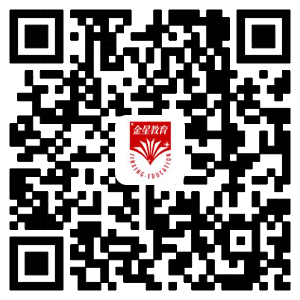5. 在as, than 引出的比较状语从句中可用一般现在时表示将来,也可直接用将来时态。如:
We’ll get there as soon as you do [will]. 你一到,我们就到。
We’ll probably drive faster than you do [will]. 我们开车很可能比你快。
6. 表示按规定、时间表、计划或安排要发生的动作。如:
Are you on duty next weekend? 下周末你上班吗?
The train leaves at 12:00. 火车12点开出。
Where do we go now? 我们现在到哪里去?
【注】用于此用法时,句中通常有具体的时间状语。
7. 当主句为将来时态时,与之相关的by the time后接的从句要用一般现在时表示将来意义。如:
By the time he comes, I will have left. 等他到时,我会已离开了。
The film will have started by the time we get to the cinema.我们到电影院时电影会已经开始了。
8. 表示现在将要宣布某事。如:
I declare the meeting open. 我宣布会议开始。
We learn Lesson Ten today. 今天我们学习第10课。
9. 表示客观性很强的将来。如:
Today is Friday, so tomorrow is Saturday. 今天是星期五,所以明天是星期六。
My birthday is on a Sunday this year. 我今年的生日在星期天。
【注】有时说话者对某一将来事实非常肯定,也用一般现在时。如:
The future is bright. 前途是光明的。
Final victory is ours. 最后的胜利是我们的。
三、一般现在时表过去
1. 用于某些动词(tell, say, hear, learn, gather等)表示不确定的过去时间。如:
John tells me you will leave tomorrow. 约翰告诉我你明天离开。
I hear that he got married last month. 我听说他上个月结婚了。
Mary says you told her to come over here. 玛丽说是你让她到这儿来的。
2. 当要陈述一个客观事实时,有时即使有过去时间状语也可用一般现在时。如:
The story is set in the summer of 1937. 故事的背景是1937年夏天。
The story begins in the year 1937. 故事开始于1937年。
